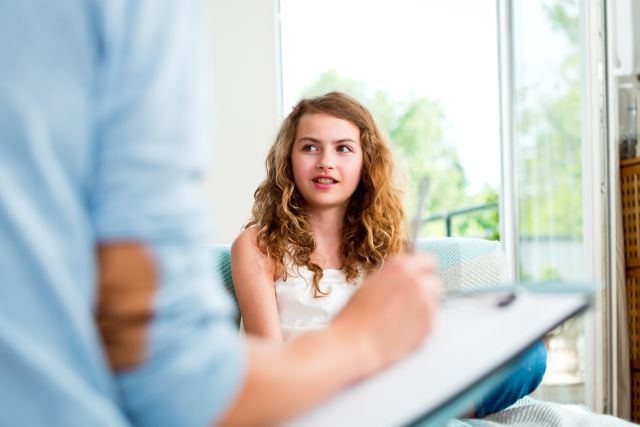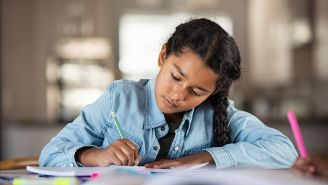While medications are often the frontline treatment for child ADHD, research shows behavioral therapies, such as counseling, skills-training, and ADHD coaching can also be effective. In some cases, behavioral therapies may be used alone, while in others they may be combined with ADHD medications for better treatment results. Common ADHD behavioral therapies include:
Cognitive-behavioral therapy (CBT): This powerful therapy can help older children and teens identify and change negative thoughts and behaviors, and curb unwanted behaviors such as disorganization and poor time management. Cognitive-behavioral therapy can also help children and teens with ADHD develop a stronger sense of confidence and empowerment.
Skills training: Skills trainers and behavioral coaches can help kids with ADHD develop helpful life and social skills, such as better organization at home and school, and more effective communication with parents, teachers, and peers. Skills trainers and coaches can also provide instruction and guidance on time management and impulse control. They can even help kids manage stress better.
Individual or family counseling: ADHD can take a toll on a child's emotions and self-esteem. And it can affect everyone in the family as well. A good therapist can help ADHD patients work through their feelings, so they understand and feel better about themselves. A family therapist can help kids with ADHD and their family members—parents, sibling, and others—identify and work through issues related to the challenges of ADHD together.






